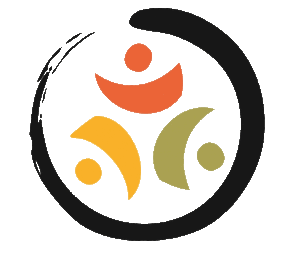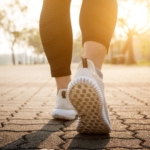A friend of mine asked this question the other day:
“I don’t understand how it is that a double-blind study of acupuncture can’t be performed. People (like Dr. Paul Encke) keep saying it’s impossible, but I say, a device which hides whether or not the needle actually penetrates the skin might at least be a step in that direction! Then the practitioner wouldn’t know either, right?”
It’s a great question, and one that anyone who is studying acupuncture struggles with all the time. Scientists have indeed made steps towards this device but the truth is, this question actually misses the point of what makes an effective acupuncture treatment and how differently Chinese medicine and western science view the body.
The people studying the acupuncture response generally have an unspoken premise that disease can be treated using the same set of acupoints in all people studied, whether mock or real acupoints used makes no difference. The individual and the disease are seen as distinct and the focus tends to be on the disease. But acupuncture is not like a drug, acupuncture neither adds nor subtracts molecules to the person nor directly changes disease. Needles are simply inert bits of stainless steel, after all.
The biggest problem with attempting a double blind study in my view, however, is that for an effective treatment to be given there must be some form of contact with the patient. Ie., the needle gets inserted, and then it gets moved slightly (up and down, and/or with a small twisting motion) until the patient indicates that they can feel ‘de qi’. De qi means ‘the arrival of qi at the acupoint,’ and is characterized by a feeling of achiness, numbness, pressure etc. In many of the studies that I have read about, the practitioner is strictly not allowed to speak to the patient, and is not allowed to stimulate the needle in any way. This eliminates a big part of what has always constituted an effective treatment, and from my point of view really negates the effectiveness of the study.
If a drug company wanted to study the effects of 100mg/dose of their drug, but were only allowed to use 50mg per treatment, what would they say about that study? How can anyone look at an acupuncture study wherein half of the treatment is disallowed, and say that it is a fair study?
The inconvenient truth for all of us on either side of the equation is that a reductionist model of scientific inquiry will likely never come to an understanding of how acupuncture works, simply because acupuncture, and Chinese medicine is not reductionist. It is in the very true sense of the word, holistic. Patient-practitioner interaction, stimulation of the needles at the acupoints, the four methods of inquiry (asking, palpating, listening, smelling), all of these are integral to an effective acupuncture treatment, and by their very nature cannot be allowed in a reductionist, double-blind study. What cannot be quantified by science, and what any practitioner will tell you, is that the acupuncturist is an integral part of the healing process, and cannot be separated out from the treatment! And neither, I might add, can the patient be separated from the disease.
The whole reason behind a double blind study is to eliminate the so-called ‘placebo effect’ which is a vague and not well understood function of patient’s own belief system on the results of the treatment. If you were studying the effects of a chemical, then of course eliminating the placebo effect would be paramount. But what if you were treating someone as a whole entity, mind and body together? If your treatments include mind and the effects of mind on the treatment, then why would you want to eliminate the mind from the study? Acupuncturists are not introducing an reactive element into the body that can be measured the way 2 mg of Lorazepam can be measured. So what then, are they doing?
Mind is body, body is mind. We have been sold a bill of goods by the pharmaceutical and medical establishment that the only way one can overcome a disease is by adding something tangible to the body, whether it be chemicals, radiation or a surgeon’s knife. Acupuncture represents a completely divergent method of healing from this view. Acupuncture and Chinese medicine are firm in their belief, borne out over thousands of years, that the mind and the body when aligned, can heal itself of a great many ailments. Amazing, isn’t it, the thought that perhaps, just maybe, given the right nudge we have the power to heal ourselves?
Call it placebo. Call it witchcraft. Call it whatever you like.
I’ll be in my clinic helping people get better.



